Honey, bee pollen, royal jelly or propolis?
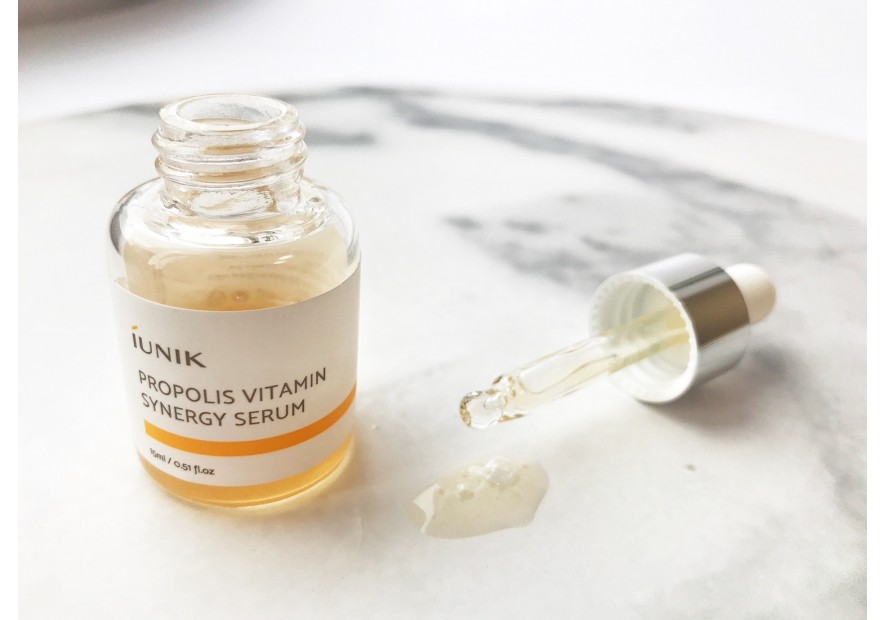
Honey and beeswax are probably the first and most famous treasures that come to mind when we think of beekeeping products. In modern cosmetics, beeswax is mainly used for hair removal, and it's hard to imagine life without it.
On the other hand, honey is very popular in the cosmetic industry for its soothing and moisturizing properties. You may have already tried a fabric honey mask or even used pure honey as a face mask and heard about the nutritional and healing properties of the product.
You don't often hear about the other three byproducts like royal jelly, bee pollen and propolis, although the active ingredients in bee products are definitely worth mentioning. These three substances are said to have extremely beneficial and healing effects. All four ingredients are also found in various products in our range, such as creams, night masks and more.
But what is the difference between the ingredients and what are they for?
Most of the time honey is known as food, but many are unaware of other excellent honey derivatives. Honey is predominantly rich in vitamins C and B, calcium, iron, magnesium, zinc and more. Due to its preserving and cleansing effect, honey has long been known as a healing agent and has been used to heal wounds since ancient times and the high Middle Ages. Since honey is mildly anti-inflammatory, it reduces swelling, fever and mild physical pain.
In cosmetics, honey is often used in creams to naturally cleanse the skin, provide it with sufficient moisture and disinfect it. Since it also helps stimulate metabolism, it helps detoxify the body and helps fight wrinkles and skin cell regeneration. In cosmetic studios, the product is gently applied during a honey massage, which opens the pores and allows the ingredients to penetrate deeply into the skin.
Propolis is a very important component for the survival of bees in the hive. In a very densely populated hive, temperatures can reach over 30 ° C, which is an excellent temperature for germs and bacteria to spread. However, propolis has antiviral and antioxidant active ingredients and is therefore ideal for protecting bees from viruses. This is why bee colonies collect resin, wax, bee pollen and some essential oils with each flight in order to be able to produce this substance. They use acquired sticky building material to plug small holes in the hive to prevent new bacteria from entering.
When applied topically, propolis helps in the prevention and treatment of skin irritations, inflammations and skin lesions such as sunburn or minor abrasions. In lozenge form, propolis is also often used to protect and treat mild infections in the mouth and throat. In medicine, it is prescribed to strengthen the immune system and prevent colds and has long established itself as a real miracle cure.
Royal jelly is a real protein and vitamin treasure! For the most part, jelly contains carbohydrates, B vitamins and protein, as well as niacin, proteins and amino acids, as well as important fats.
Bee pollen is also a versatile health product in nature. During the flight from flower to flower, bees collect valuable pollen with their hind legs. In the hive, royal jelly can be made from pollen to serve as food for the queen. The seeds contain many valuable nutrients that strengthen the immune system. Including, first of all, vitamins B, C, D, E, as well as magnesium, nucleic acids and proteins.
Those who value a healthy and varied diet can also take bee pollen as a dietary supplement as it detoxifies the body, lowers cholesterol and thus contributes to our internal health. Pollen also acts as a true anti-aging agent, which is why the cosmetics industry loves to use it in anti-aging skin care products. The antioxidants they contain neutralize the harmful substances that cause aging, and thus reduce the formation of wrinkles. Thanks to the vitamins and amino acids the product contains, it also supports cell regeneration and can be used to get rid of acne.
Which Korean propolis cosmetics should I choose?
Beauty of Joseon Glow Serum: Propolis + Niacinamide Glow Serum
Cosrx Propolis Honey Overnight Mask
iUNIK Propolis Vitamin Synergy Serum propolis serum
COSRX Full Fit Propolis Synergy Toner
COSRX Full Fit Propolis Nourishing Magnet Sheet Mask

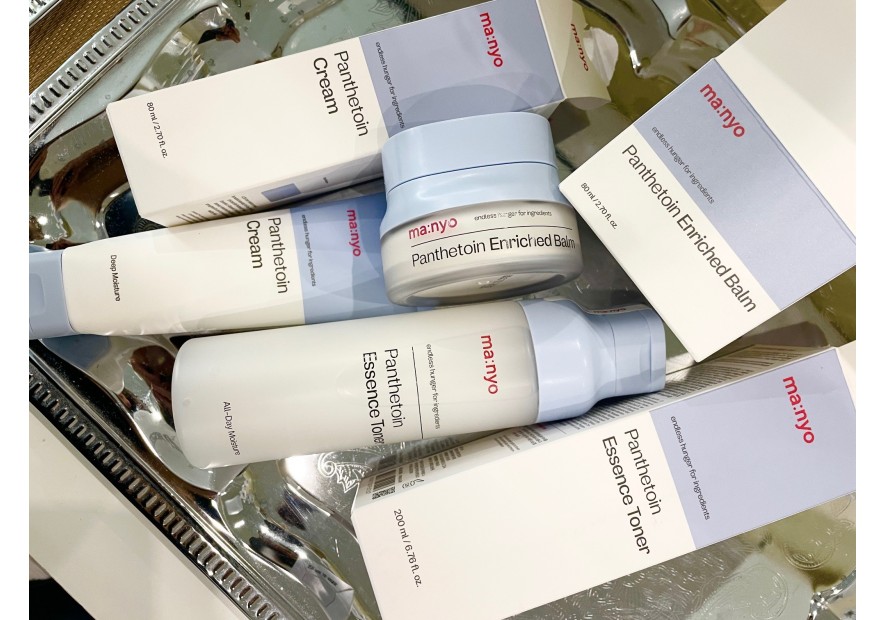
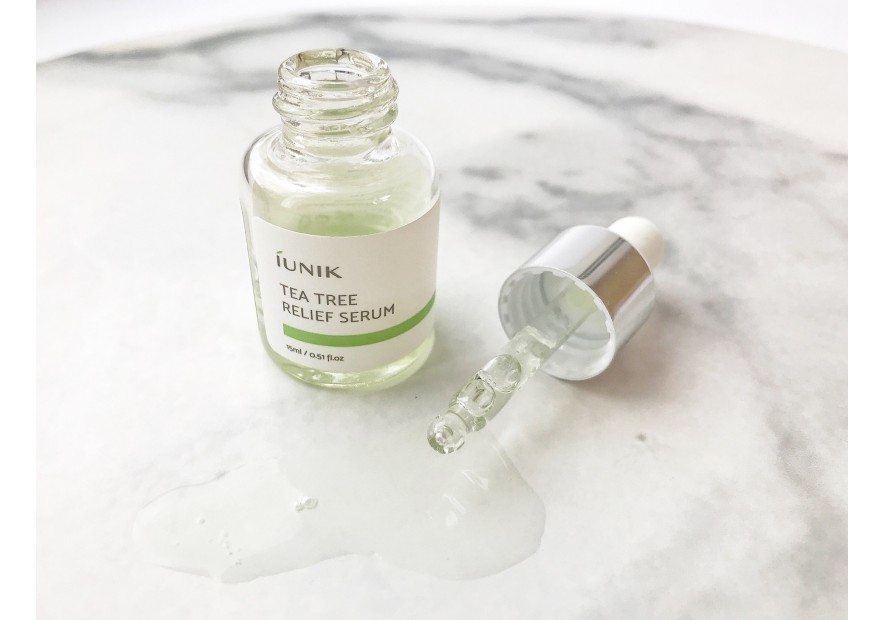
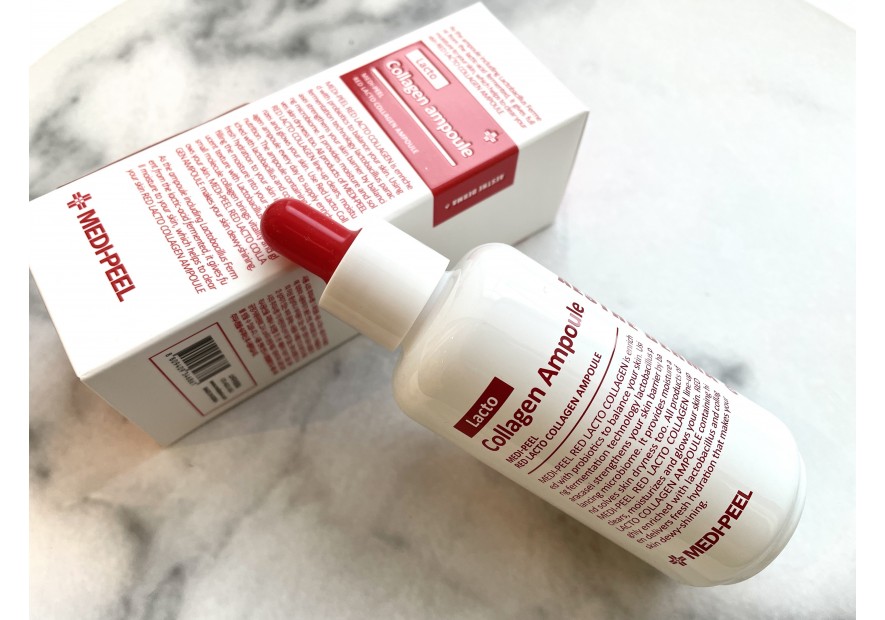

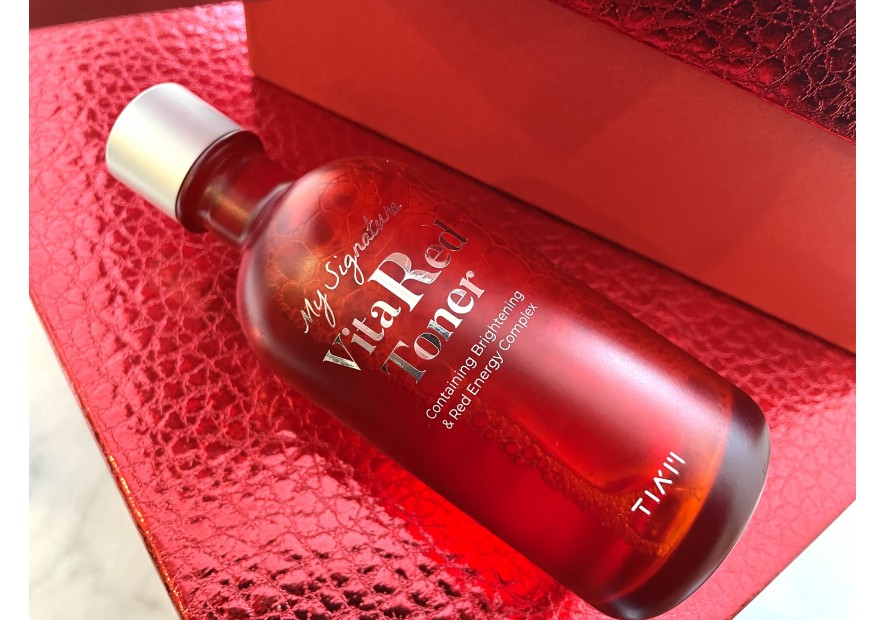
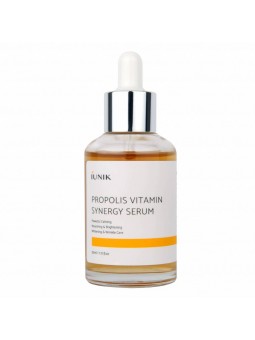
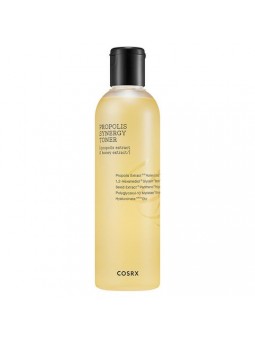
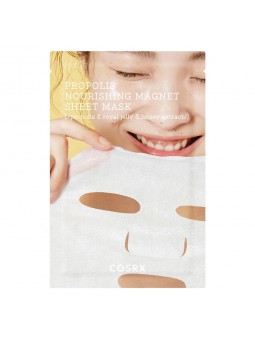
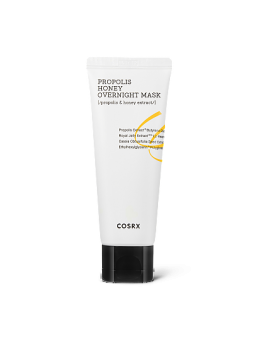
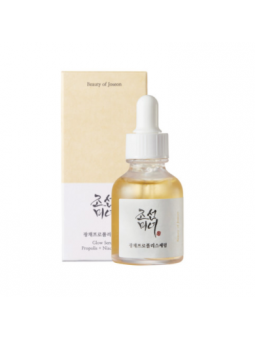
Leave a comment